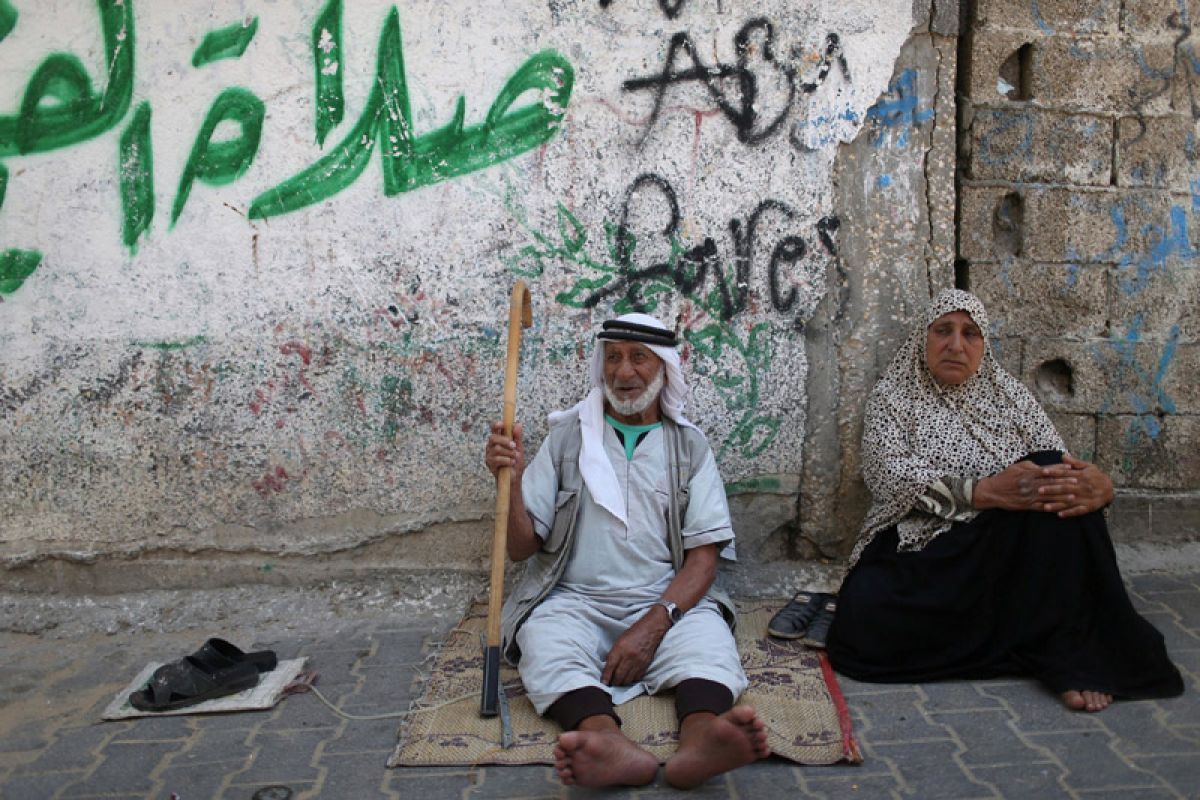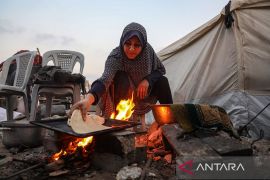The per head income declined along with agricultural production shrinking by 11 percent, as socioeconomic conditions in the past year worsened, UNCTAD said in it its yearly report on its assistance to the Palestinian people.
"Economic prospects are bleak due to risky political horizons and unfavorable trends in aid, Gaza`s reconstruction and credit-financed expansion in consumption," said the executive summary of the report.
The report also notes that the adverse conditions imposed by Israeli occupation disproportionately affected women and young people.
"Poor economic performance is caused by restrictive measures imposed by the occupying power," said the report in reference to Israel.
It warns that declining donor support, a freeze in the reconstruction of Gaza and unsustainable, credit-financed public and private consumption paint a bleak picture for future growth.
Prospects for the Palestinian economy are further clouded by the ongoing confiscation of land and natural resources by Israel.
"Under international law, Israel and the international community have responsibilities not only to avoid actions that impede development but to take affirmative steps to foster development in the Occupied Palestinian Territory," said Mahmoud Elkhafif, Coordinator of the UNCTAD Assistance to the Palestinian People Unit.
However, the report said Israel has failed to ease restrictions and donor support has declined steeply to one-third of its 2008 level.
Incremental annexation in the West Bank and expansion of illegal settlements accelerated in 2017 and 2018 despite a UN General Assembly resolution in December 2017.
The report highlights evidence of incremental annexation of large parts of the West Bank that includes the transfer of Israeli population into settlements, the forcing out of the Palestinian population, investment of more than 19 billion U.S. dollars in the construction of settlements.
Turning to a blockade Israel has on Gaza, the report said this is now in its 11th year and "the Gaza Strip has been reduced to a humanitarian case of profound suffering and aid dependency," the report says.
Gaza`s productive capacity has been stripped by three major military operations and a crippling air, sea and land blockade.
The 2008-2009 Israeli military operation erased more than 60 percent of Gaza`s total stock of productive capital, and the 2014 strike destroyed 85 percent of what was left.
According to the report, destroyed productive assets include roads, power stations, industrial and commercial establishments, and agricultural land, as well as other infrastructure and related assets.
In 2012, the UN warned that unless ongoing trends were reversed, Gaza would become uninhabitable and unfit for humans to live in by 2020.
Since then, the report says, all socioeconomic indicators have deteriorated and conditions in Gaza are now worse.
(U.C003)
(T.C003/C/C003/C003) 13-09-2018 19:06:42
Reporter: Antara/Xinhua-OANA
Editor: Fardah Assegaf
Copyright © ANTARA 2018












